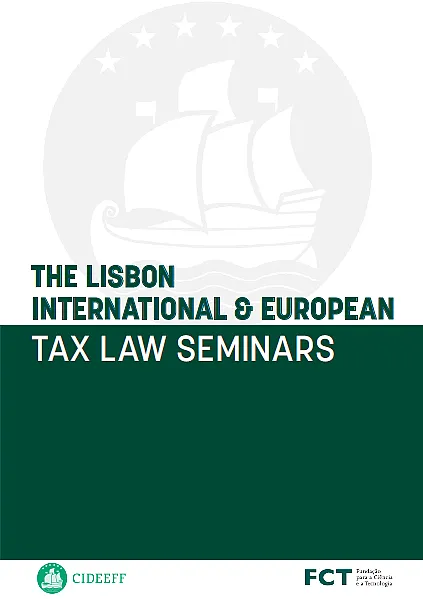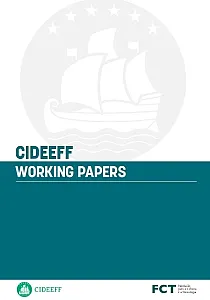International Tax Issues related to Bitcoin and Other Cryptoassets in Double Tax Treaties

The tax challenges arising from digitalization are even greater regarding assets negotiated through distributed ledger technologies (known as cryptoassets). Besides being intangible, these assets are also decentralized and distributed which is the reason why they do not exist in the ontological sense that other assets do. Tokens and/or cryptoassets are mere accounting records (inputs and outputs) in a ledger, meaning they are everywhere and nowhere at the same time.
In this context, this objective of this paper is to analyze double taxation issues arising from operations with cryptoassets and to propose practical solutions that could be more effective for dealing with the taxation of transactions with this type of asset.
In this brief introduction, a summary was presented of the evolution of the concept of money in society and the background surrounding the OECD discussions on the taxation of the digital economy. Subsequent to the previous discussion, in order to identify the international tax issues related to cryptoassets operations regarding the application of DTT, this paper will present the concepts of digital currencies, virtual currencies, cryptocurrencies, cryptoassets, digital tokens (payment tokens, utility tokens and security tokens) and BLCAs (Bitcoin like Crypto Assets), as a premise for analysing the qualification of the income arising from operations with such assets.
Publicações recentes


